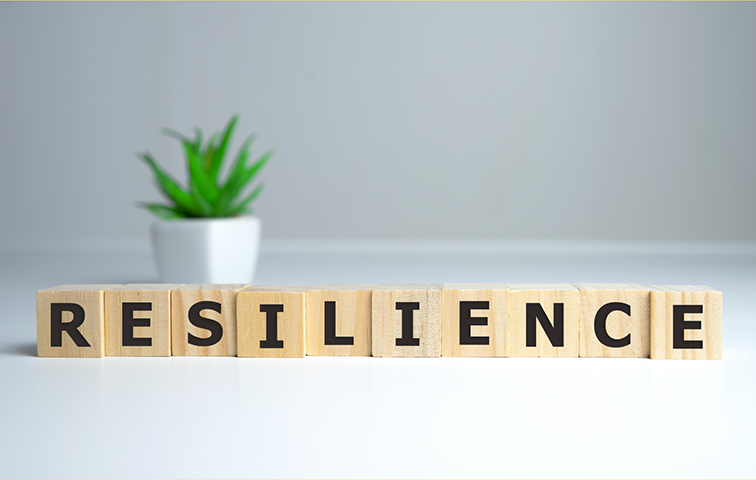SPARKing Resilience in the wake of the pandemic

The pandemic has been a difficult time for everyone. It seemed to come from out of the blue and threw life as we know it into chaos. Although children are not likely to get seriously ill from Covid, they have still been victims to the virus and our response to it. One of the most significant changes, in the lockdown was the closure of schools. The long-term impact of these closures on children is unknown, and may not be fully visible for a number of years but early studies have shown: increased levels of distress, worry and anxiety in children both about being at home (isolation, loneliness) and about school (disruption to learning, lack of resources).
Research on resilience shows that protective factors can protect children from harm and help them to bounce back from adversities such as the pandemic. Ann Masten, a pioneer in developmental psychology research, referred to resilience as “ordinary magic.” While some children will have more of an inbuilt resilience than others will, it is possible for new resilience skills to be learnt.
Going forward, it is going to be vital support all children, especially those who have found the pandemic challenging. It is important that we are there to listen and help children process what happened and to teach them the coping skills and resilience to continue to move forwards with their lives. Our new programme SPARK Resilience for 10-12 year olds aims to teach these skills through a range of different activities and techniques.
SPARK Resilience is a 10-session programme that features three core elements:
- Mindfulness activities
- Resilience-boosting activities
- Using the SPARK process to analyse and challenge our ways of thinking
Mindfulness involves being ‘in the moment’, paying full attention and awareness to yourself through simple exercises, including breathing and visualisation. It has been shown to be very effective in helping to manage strong feelings, and boosting wellbeing.
Resilience-boosting activities. Children will create their own ‘Resilience Portfolio’ where they write or draw people and things which support them, their character strengths and things they’re good at, using the phrases ‘I have…’, ‘I am…’, ‘I can…’ and ‘I like…’. They will look at how they can build on these, in activities called the ‘Resilience gym’.
The SPARK process is a technique children learn to challenge unhelpful ways of thinking. It stands for Situation – Perception – Autopilot – Reaction – Knowledge. Our perception of a situation, or the way we see it, affects the way we feel about it, and how we act as a result.
We have developed this edition of SPARK Resilience with the idea that it can be used with either Year 6 or Year 7 pupils. In Year 6 to teach pupils the resilience skills for an important final year of primary school or in Year 7 when the challenge of starting a new school and adapting to a different learning environment can be daunting and a source of anxiety for many students - never more so than after the stresses of the pandemic.
Our vision at Partnership for Children is a world in which the development of mental health and emotional resilience is part of life for every child. SPARK Resilience promotes these skills for children’s lives – now and in the future.